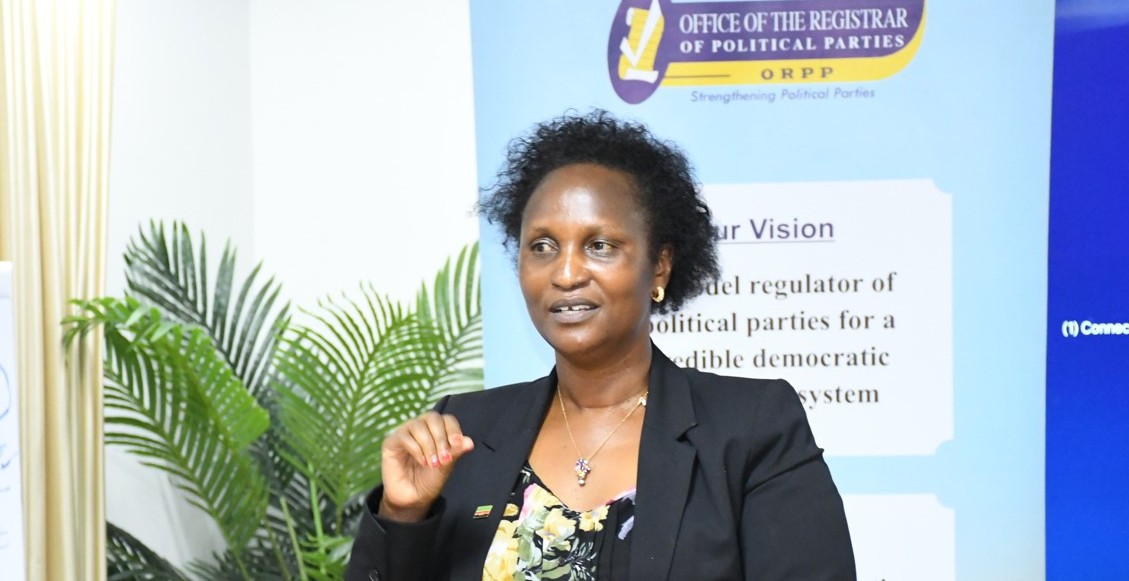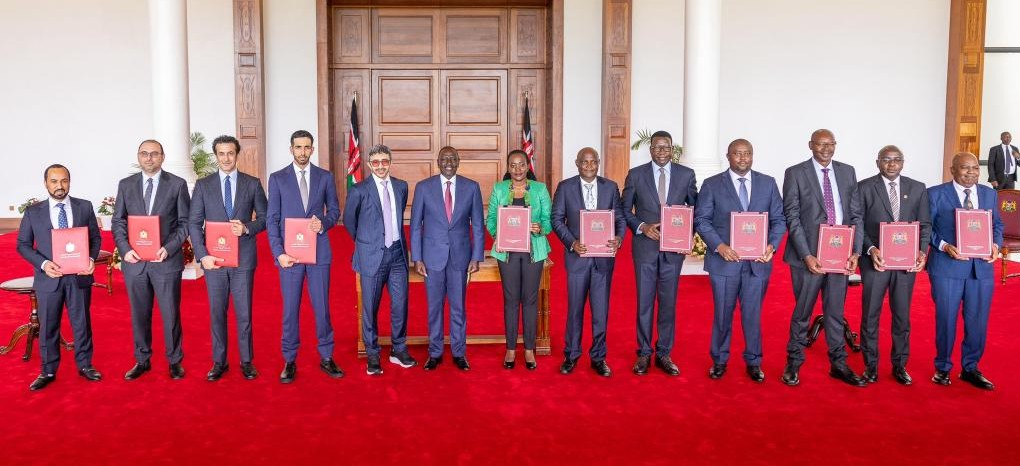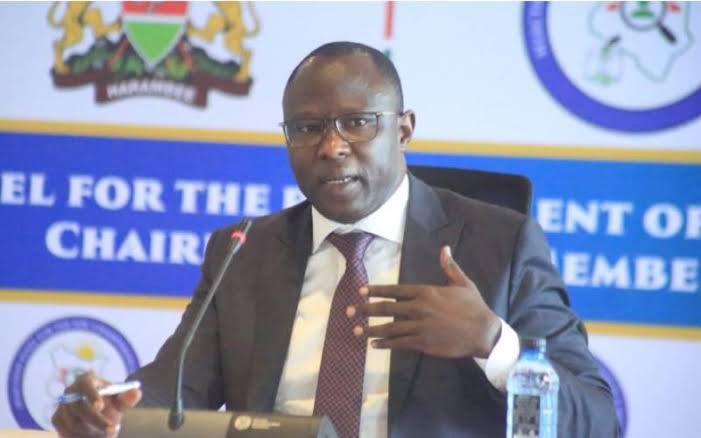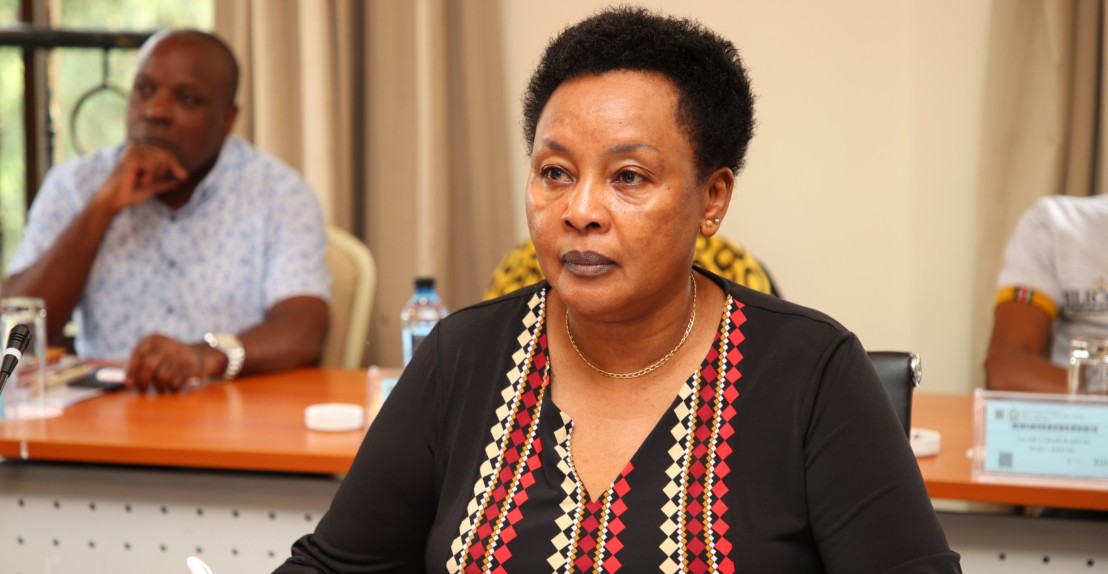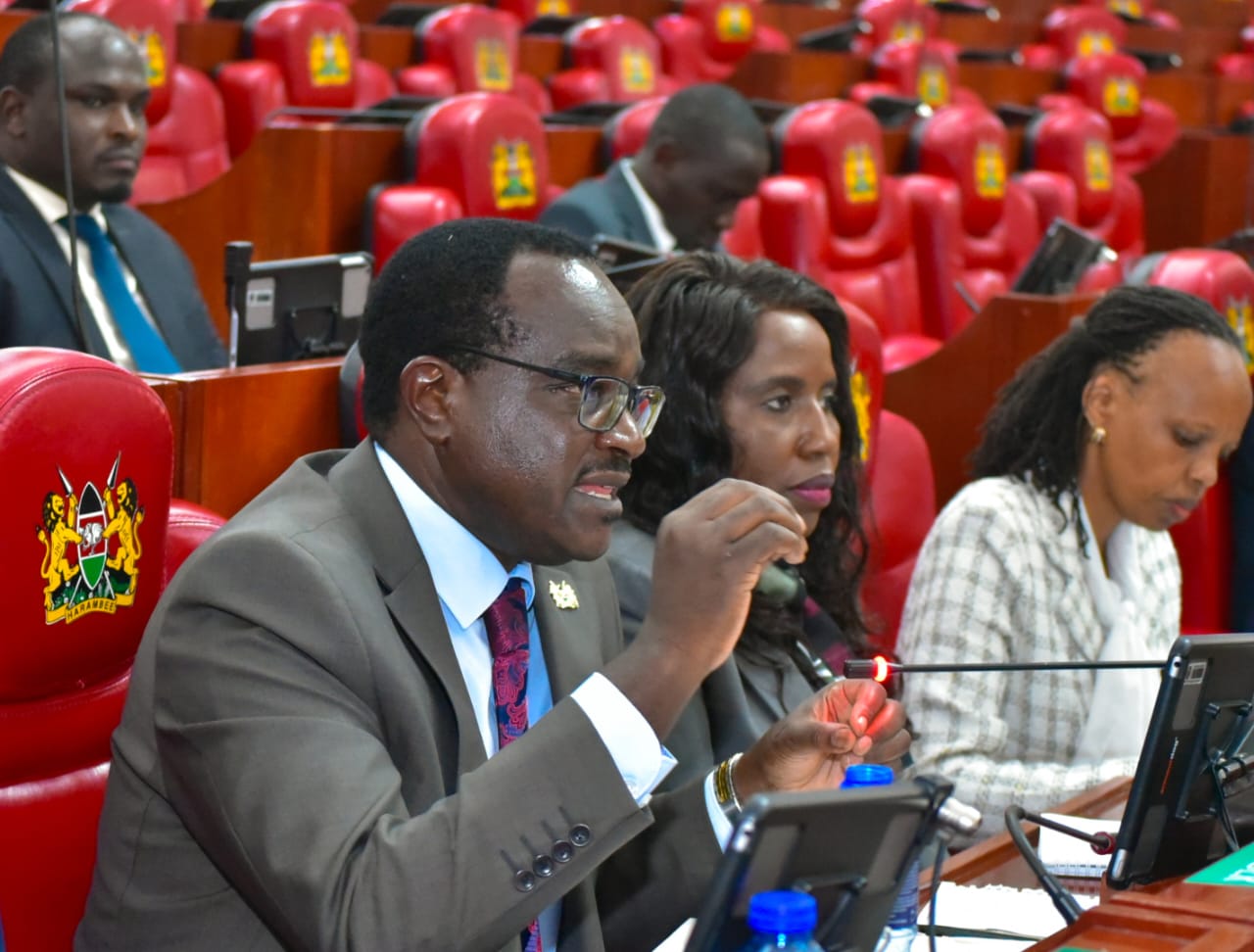Nearly 9,000 civil servants exit as government maintains hiring freeze
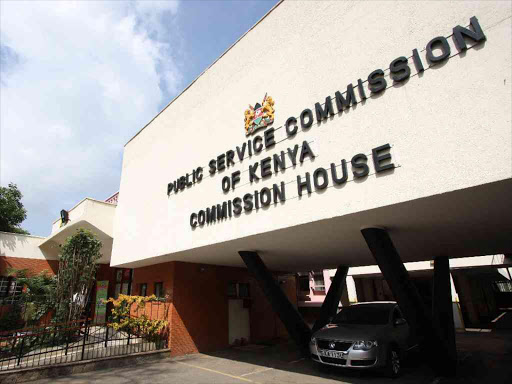
The government has faced a growing wave of departures, with 8,905 permanent and pensionable employees leaving over the past two years, largely from state ministries.
The number of civil servants employed on permanent and pensionable terms has declined, with nearly 9,000 workers exiting government ministries in the first two years of President William Ruto’s administration.
Data from the State Department for Public Service indicates a steady drop in staff numbers, even as the government ramps up recruitment of interns on short-term contracts. The number of civil servants covered under medical insurance schemes fell to 133,980 by the end of June 2024, down from 142,885 in June 2022 and 139,142 in June 2023.
More To Read
- Mudavadi meets US top diplomat Marco Rubio in Washington, days after China visit
- Explainer: Details of Persons with Disabilities law signed by President Ruto
- How billions of shillings have been splashed on State House renovations since Ruto took over in 2022
- Sh16.5 billion allocated to extend SGR from Naivasha to Uganda border
- Three suspects arrested for throwing shoe at Ruto freed as investigators say it was an accident
- Gachagua accuses Ruto of waging proxy war against Uhuru, warns of retaliation
“The reduction of civil servants being covered is due to exits including retirement,” the State Department for Public Service said in its latest budget report.
The government has faced a growing wave of departures, with 8,905 permanent and pensionable employees leaving over the past two years, largely from state ministries. At the same time, there has been a significant increase in the recruitment of graduate interns, who serve on one-year contracts with a monthly stipend of Sh25,000.
Public Service Commission (PSC) data shows that the government significantly increased the intake of interns in the financial year ending June 2024, with 9,100 graduates placed in various ministries, departments, and agencies on one-year contracts. This marked a sharp rise of 133.21 per cent from the 3,902 interns recruited in the year ending June 2023 and was also higher than the 3,700 recruited in the previous year.
The Public Service Internship Programme was designed to offer workplace exposure for young graduates, but the government does not have a policy to absorb them into permanent and pensionable roles or extend their contracts beyond one year.
According to PSC, 1,435 candidates were recruited into the civil service in the year ending June 2024, comprising 759 women, 676 men, and 51 persons with disabilities (PWDs). In the same period, 602 employees were promoted, including 371 men, 231 women, and 13 PWDs.
Since December 2013, the government has maintained a moratorium on new hiring in the civil service, with exceptions for critical sectors such as security, education, and health, to control the public wage bill.
Most state ministries and departments have been replacing staff only through natural attrition—retirement, resignation, and dismissals—except for new offices such as that of the Prime Cabinet Secretary, created under the Ruto administration.
The trend has been further compounded by a suspension on new hiring in the public sector for the current financial year ending June, as the government undertakes a payroll audit.
“Audit and cleanse all public payrolls, pensions and transfers to the vulnerable with a view to eliminate ghost workers as well as enforce payment of salary scales as approved or recommended by the SRC (Salaries and Remuneration Commission),” reads the report.
PSC chairperson Anthony Muchiri acknowledged the ongoing staff exits and the measures being taken to address workforce gaps.
“Exits from service occur in numerous ways, including separation through death, retirement, dismissal, or resignations. We are alive to this reality, and that is why every year, we recruit many young graduates at entry level into the public service across various disciplines,” he said.
“We also promote officers to higher level positions to mitigate the challenge of succession management gaps across cadres whenever vacancies are declared to us by ministries and state departments.”
Muchiri reaffirmed that entry-level jobs in the civil service remain on permanent and pensionable terms, except in specific circumstances.
“Regarding employment of civil servants on contract terms as opposed to permanent and pensionable terms, be informed that employment in the civil service for entry-level jobs is on a PnP basis, and the terms currently remain the same,” he said.
“However, there are certain supernumerary positions that are based on contract, for instance, employment to meet a certain emergent need such as when we had the Covid-19 pandemic and there was a need for more vigilance at our country’s entry points.”
Top Stories Today



